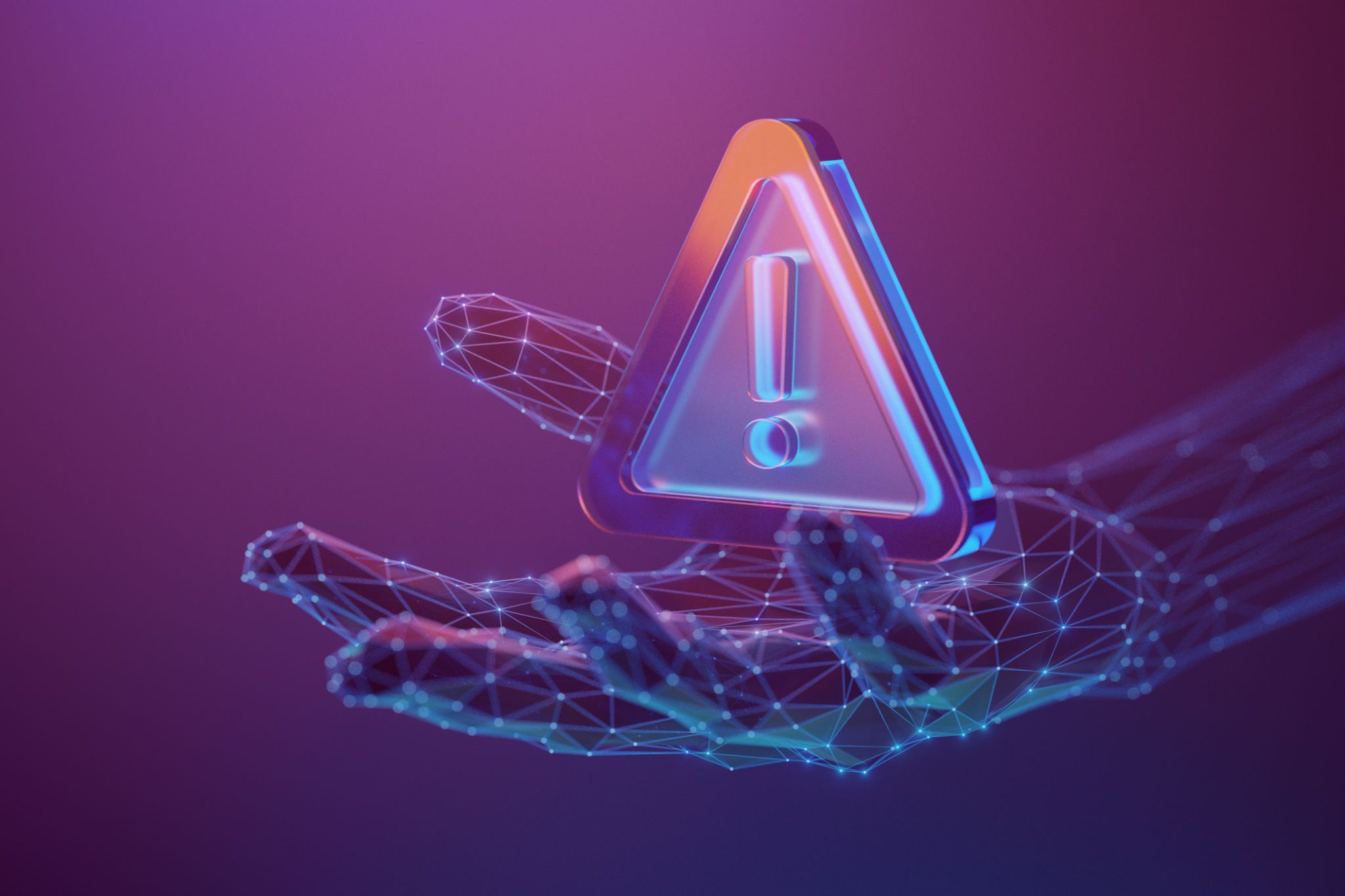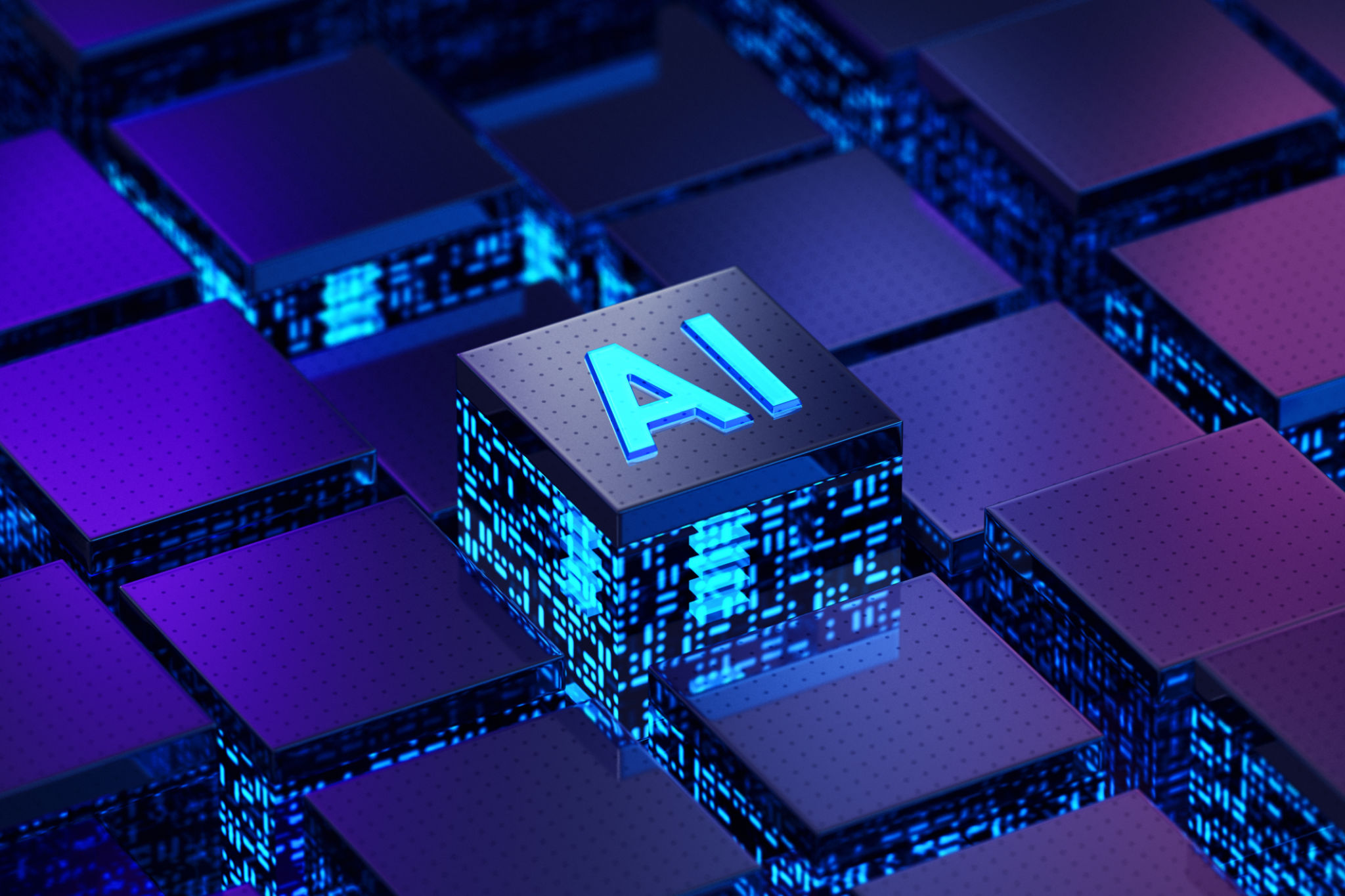Debunking Myths About AI: What Consumers Need to Know
Understanding Artificial Intelligence
Artificial Intelligence (AI) is rapidly transforming industries and everyday life. However, with its rise comes a host of misconceptions and myths. These misunderstandings can lead to unnecessary fear or unrealistic expectations. It’s essential for consumers to separate fact from fiction to fully understand AI's capabilities and limitations.

Myth 1: AI Will Replace All Human Jobs
A prevalent concern is that AI will lead to widespread job loss. While AI does have the potential to automate certain tasks, it is not a threat to all jobs. In reality, AI is more likely to complement human workers than replace them entirely. Many industries are already seeing new roles emerge that require human oversight of AI systems.
AI excels in processing large amounts of data and executing repetitive tasks, allowing humans to focus on more complex and creative aspects of their jobs. This symbiotic relationship between humans and AI can lead to increased productivity and innovation.
Myth 2: AI Is Infallible
Another common myth is that AI systems are always accurate and free of errors. However, like any technology, AI is not perfect. The accuracy of AI depends heavily on the data it is trained on. If the data is biased or flawed, the AI's decisions and predictions will also be compromised.

Furthermore, AI systems require regular updates and maintenance to ensure they continue to perform effectively. Consumers must understand that while AI can enhance decision-making processes, it should not be blindly trusted without human oversight.
Myth 3: AI Can Think Independently
Many people believe that AI can think and make decisions just like a human. In truth, AI operates based on algorithms and data input; it does not possess consciousness or self-awareness. AI’s "thought process" is a result of complex calculations rather than independent reasoning.
This means that AI lacks emotional intelligence and ethical judgment—a critical reason why human involvement is necessary in decision-making processes involving AI.
Myth 4: AI Is Only for Tech Experts
There is a misconception that AI is a field only accessible to tech-savvy individuals or large corporations. In reality, AI has become increasingly available and user-friendly, with many applications designed for the average consumer.

From virtual assistants like Siri and Alexa to personalized recommendations on streaming services, AI technologies are embedded in everyday products and services, making them accessible to everyone.
The Future of AI
The future of AI is promising but requires informed engagement from consumers. By debunking these myths, individuals can better appreciate the role AI plays in society and make informed choices about how they interact with this technology.
Understanding the true capabilities of AI helps mitigate fear and allows consumers to harness its power effectively for personal and professional growth.
Conclusion
As AI continues to evolve, staying informed about its realities and potential impacts is crucial. By dispelling myths and embracing factual knowledge about AI, consumers can be proactive participants in shaping a future where technology enhances rather than hinders human potential.
